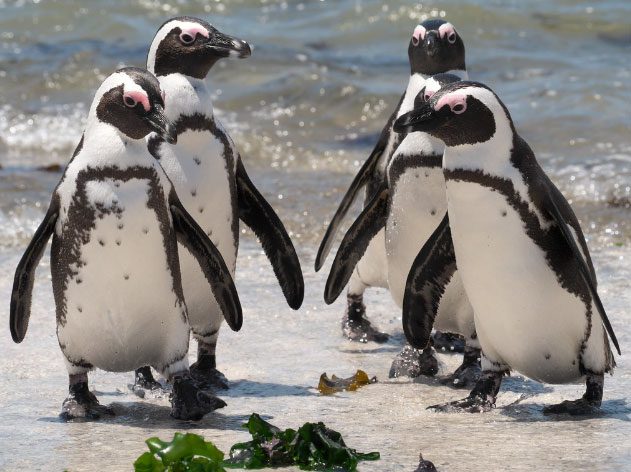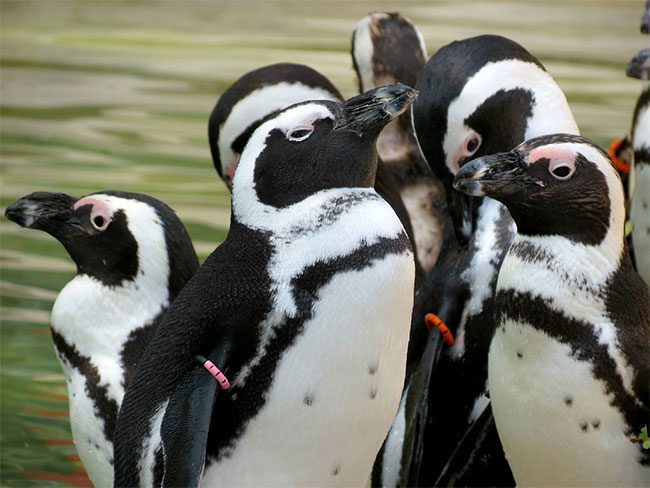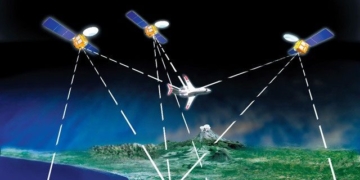Some species of penguins have the ability to change their vocalizations to resemble those of their partners, making it easier to attract them. Previously, this ability was thought to be limited to a few higher species, including humans.
Researcher Luigi Baciadonna from the University of Turin (Italy) and his colleagues tracked and recorded the calls of African penguins (Spheniscus demersus) across three different regions. Over three years, the team meticulously cataloged the sounds made by the penguins during courtship and communication with their mates.

African Penguin – (Photo: FLICKR)
Luigi Baciadonna dedicated many years to analyzing the specific calls produced by both male and female penguins when interacting with their partners. He developed metrics representing the sounds emitted, such as frequency and amplitude for each bird in the study. The team then organized these metrics into specific patterns for easier comparison.
After a period of “courting”, the sound metrics for both male and female penguins became strangely similar. At a certain point in the breeding season, the calls of the “couple” would almost match, making them difficult to distinguish.
The “mimicking” voice belongs to the male penguin. The research team believes that this ability to mimic is rare among higher animal species, including humans. Changing one’s voice is considered one of the most challenging tasks for most animals.
This ability requires perception, learning capacity through sound, and, more importantly, the technique of imitation by the vocal apparatus. The case of the Spheniscus demersus penguin is regarded as quite rare.
Baciadonna explains that the male penguin’s development of mimicry skills is due to the social living habits of penguin species. During the breeding season, penguins search for mates in large colonies, so males must learn to alter their voices to “tune in” with females.
“Imagine you are in a crowded, noisy bar. How would you find the quickest and most effective way to communicate with your friend in that chaotic space?”, Baciadonna said.

The vocal mimicry ability of Spheniscus demersus surprises scientists – (Photo: FLICKR)
Ms. Sara Torres Ortiz from the Max Planck Institute for Ornithology in Munich (Germany) commented that the findings of this study are fascinating, demonstrating the remarkable development of sound adaptation abilities in animals.
Notably, the evolutionary distance between penguins and humans has surprised many scientists.
Many experts believe that if they continue to analyze lower animal species, they may discover more species with the ability to learn sounds or other unique mimicry skills.


















































